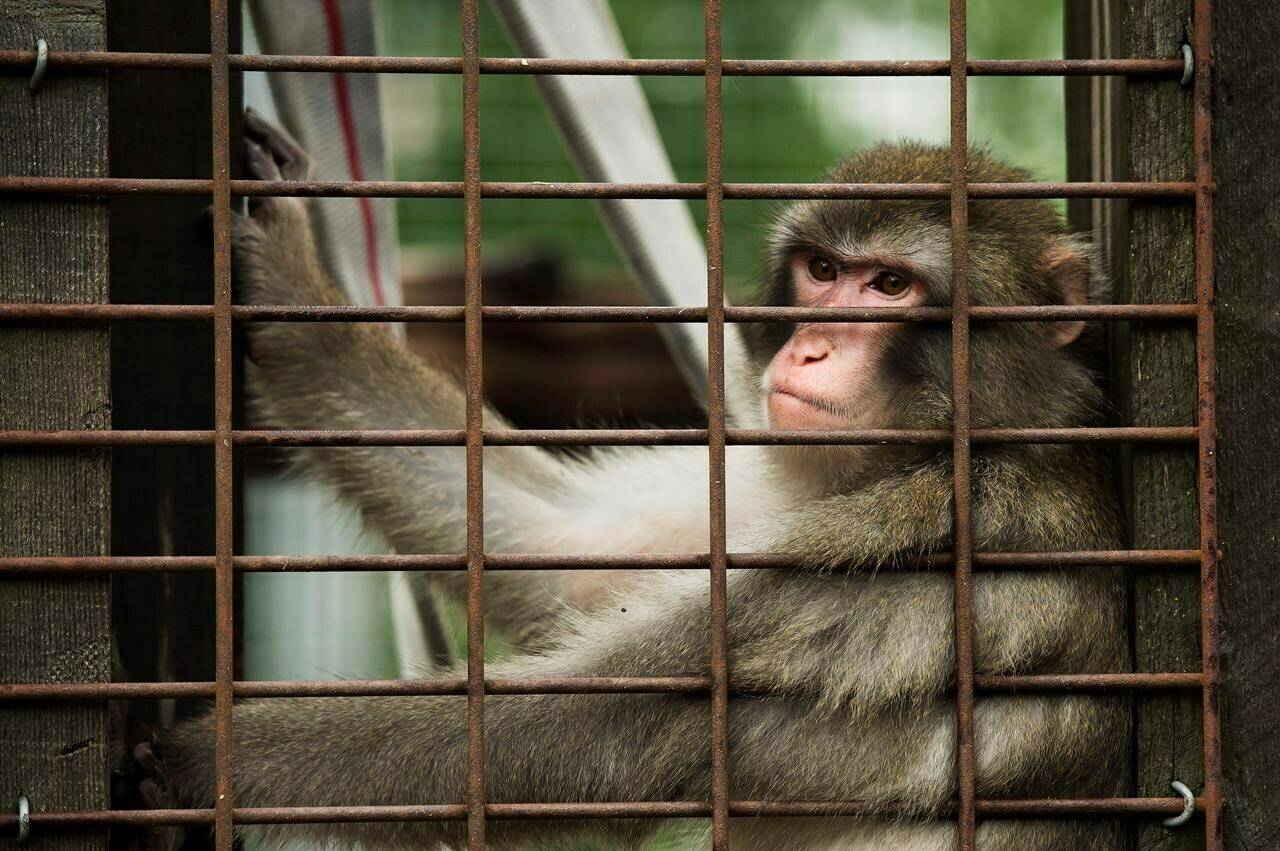It’s upsetting to see a tranquilized 450-pound black bear fall from a tree and be shot, then be hauled unceremoniously off to be disposed of.
It’s disrespectful to what is an iconic, top-of-the-food-chain, majestic wild animal, symbolic of B.C.’s wilderness.
However, he’s not an animal I would want to run into in the dark in my yard either. He’d be sure to win any tussle with an unarmed human—especially one my size.
I believe it’s just a miracle that some innocent youngster, trotting off to school with his lunch in his backpack, hasn’t been knocked over by a bear in a desperate quest for a meal—yet.
That’s one of the worst possibilities as long as we entertain bears in our neighbourhoods by setting out feasts of garbage, pet food, calorie-rich bird feed, trees full of ripe fruit and nuts and smelly barbecue grills.
Bears have been caught getting so bold as to enter houses to go through the kitchen garbage, to the dismay of homeowners—once they’d become accustomed to dining on your leftovers the way this one had.
Once they become garbage-habituated, the conservation officers have little choice. It’s their responsibility to act once a bear presents a neighbourhood threat to safety or property.
Every CO I’ve ever talked to has said it’s the absolute worst part of their job and the furthest from the reason why they trained to enter the CO service.
But people keep on leaving out their garbage and attracting bears, which ultimately ends in the scene where the dead bear is carted off for disposal, like a dandelion in a lawn. They’re just in the wrong place at the wrong time.
What’s needed is for local government to take responsibility for educating residents about the impact of not managing attractants sensibly; for enacting bylaws making it illegal to set out garbage prior to the morning of collection day and otherwise attracting dangerous wildlife; and enforcing that bylaw until people get the message.
The program exists; the training exists for those educators, as do the materials; and there are even subsidy programs available to help with the cost of employing a Bear Aware Coordinator to carry out the program.
It’s already in operation both north and south of the Central Okanagan, and bears don’t recognize political boundaries, so it makes no sense there isn’t one here yet.
This fall, four bears had to be killed in West Kelowna alone, and traps were set out for even more who had become a threat to public safety.
Local conservation officers are frustrated and puzzled by the lack of cooperation from local government here in the Central Okanagan.
The good news is there is a program already in place to help with out problem. The bad news is we’re refusing to use it, even though it’s a nominal cost: between $2,500 and $15,000 a year depending on how much financial support can be raised through other sources.
This is the time of year when bears are in hibernation and all’s quiet on the bear front, but it’s also the time when applications for assistance to begin the program have to be made for a community to get involved.
Let’s step up to the plate and keep both bears and our communities safe.
That same program, WildSafe B.C., also works to prevent conflicts with other wildlife such as coyotes who attack pets, deer destroying gardens and cougars.
Politicians react to what their constituents have to say, so if you agree we should bring the Bear Aware and WildSafe B.C. program here, let your local politician know; contact your municipal, city or regional district, either by phone, e-mail or online.
Judie Steeves writes about outdoors issues for the Capital News.
jsteeves@kelownacapnews.com

